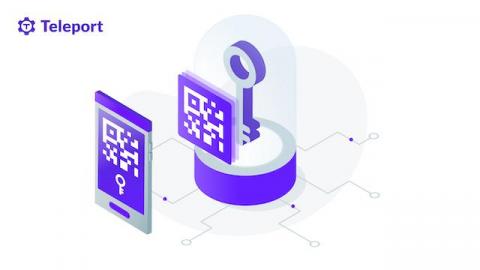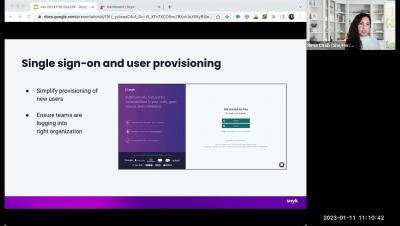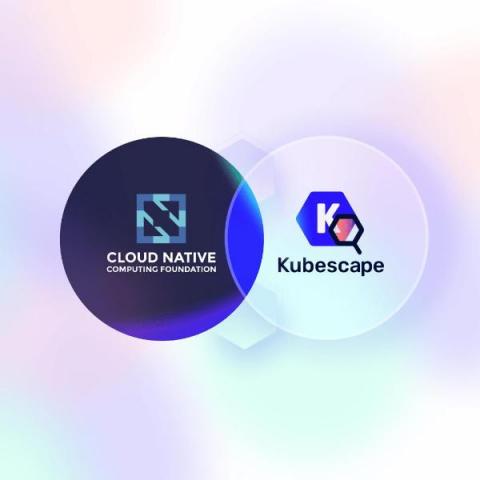Security | Threat Detection | Cyberattacks | DevSecOps | Compliance
DevOps
Debug Programs
Create Permanent Shared Objects
6 Tips to Setup Foolproof AWS Security Groups
Adopting cloud technologies is one of the most common tech strategies followed by modern organizations. This may be due to various reasons depending on the nature of the business. But there are a few standard components that span across most domains, not least the fact that cloud vendors allow developers to easily create and take down resources on the cloud with minimal effort.
Software and AppSec Challenges and Opportunities in Banking and Fintech - Part One
The banking and fintech industries live and die on the reliability of the online services they offer. It’s vital that the sensitive data that the industry handles is robustly protected, and that the software and applications that it uses are secure. For effective software and application security, it’s critical that banking and fintech organizations rapidly detect, identify, and remediate software vulnerabilities.
Passkeys for Infrastructure
I predict that 2023 will be the year of Passkeys. Passkeys are a new passwordless authentication method allowing users to create online accounts and sign in without entering a password. Passkeys have been years in the making and finally, industry fido alliance collaboration (fido2) and the adoption between Apple, Microsoft, and Google have now made it a reality. Passkeys leverage the WebAuthn API to let users log into various websites and applications.
Best Practices for Your First 30 Days with Snyk, January 2023 - Snyk Customer Office Hours
GCP FileStore Backup for Kubernetes Persistent Volume Data on GKE Clusters
Google Cloud Provider (GCP) Filestore is a good place to keep lots of rich, unstructured data, such as graphic designs, video editing files, and other media workflows that use files as input and output. Having GCP Filestore backups enables users to protect themselves against the rare case of inaccessibility, accidental changes, ransomware attacks, or other types of disasters.
CNCF accepts Kubescape as its first security and compliance scanner project
What Threatens Kubernetes Security and What Can You Do About It?
Kubernetes adoption has rocketed into ubiquity. At this point, 96 percent of organizations are either using Kubernetes for container orchestration or evaluating its use, according to the latest Cloud Native Computing Foundation annual survey. But this doesn’t mean that Kubernetes isn’t without security risks. The flexibility of container applications and their capability to carry discrete components that interact over the network present security challenges.











